Blackheads are a common skin concern for many people. These small, dark pores are often caused by clogged hair follicles, which become filled with oil, dead skin cells, and bacteria. Over time, exposure to air causes the oils in the pores to oxidize, turning them black. Blackheads typically form in areas that produce excess sebum, such as the nose, chin, and forehead.
Despite being relatively harmless, blackheads can be unsightly and frustrating to deal with. As a result, many people turn to various methods to remove them, with one of the most common being popping or squeezing the blackhead out. However, the question arises: should popping blackheads be recommended as a method of removal?
In this article, we will dive deep into the process of blackhead formation, the common misconceptions surrounding popping, the risks involved, and the best alternatives for safe and effective blackhead removal. This guide will provide you with everything you need to know to make informed decisions about your skincare routine.
Understanding Blackheads: What Are They?
Before discussing the best ways to remove blackheads, it’s important to understand exactly what they are and why they form. Blackheads are a type of comedone (a clogged hair follicle) that appears on the skin’s surface. Unlike whiteheads, which remain closed at the surface of the skin, blackheads have an open pore that exposes the trapped material to air. This causes oxidation, giving the blackhead its characteristic dark color.
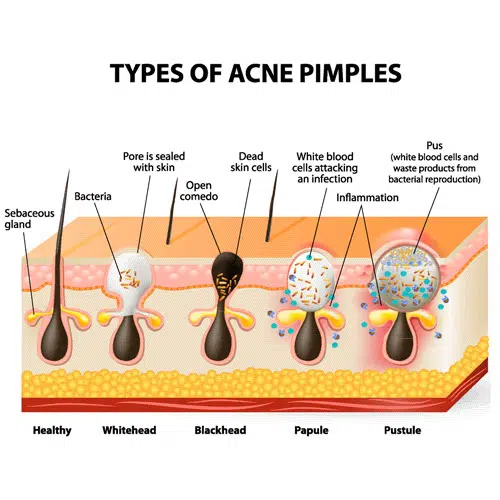
Causes of Blackheads
Several factors contribute to the formation of blackheads, including:
- Excess Oil Production: Overactive sebaceous glands can produce an excessive amount of oil, which can clog pores and lead to blackheads.
- Dead Skin Cells: When dead skin cells accumulate on the surface of the skin, they can mix with oil and become trapped inside hair follicles, causing blackheads.
- Hormonal Changes: Hormonal fluctuations, especially during puberty, menstruation, and pregnancy, can increase oil production, contributing to blackhead formation.
- Improper Skincare: Using products that clog pores, such as heavy moisturizers or certain makeup products, can increase the risk of developing blackheads.
The Temptation of Popping Blackheads: Why Do People Do It?
When people first notice a blackhead, they are often tempted to pop it out in the hopes of achieving clear skin. Popping a blackhead can give the immediate satisfaction of seeing the dark plug of oil and debris being removed from the pore. However, this temporary relief may come at a price.
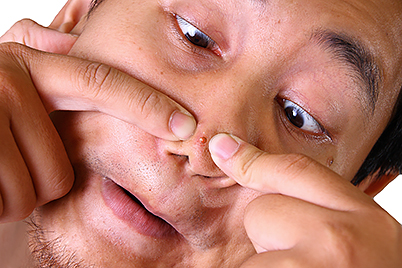
The Appeal of Popping Blackheads
- Instant Results: The immediate removal of the blackhead can feel satisfying, especially when the skin looks clearer right after.
- Misunderstanding of Effectiveness: Some people believe that popping blackheads will prevent future ones from forming, but this is not necessarily true.
- Pressure from Beauty Culture: Many skincare influencers and online videos may encourage popping as a quick solution for blackheads, creating a sense of normalcy around the practice.
Despite its appeal, the act of popping blackheads can lead to several adverse effects on the skin. This brings us to the question: Is it safe to pop blackheads?
The Risks of Popping Blackheads
Popping blackheads can pose several risks, including:
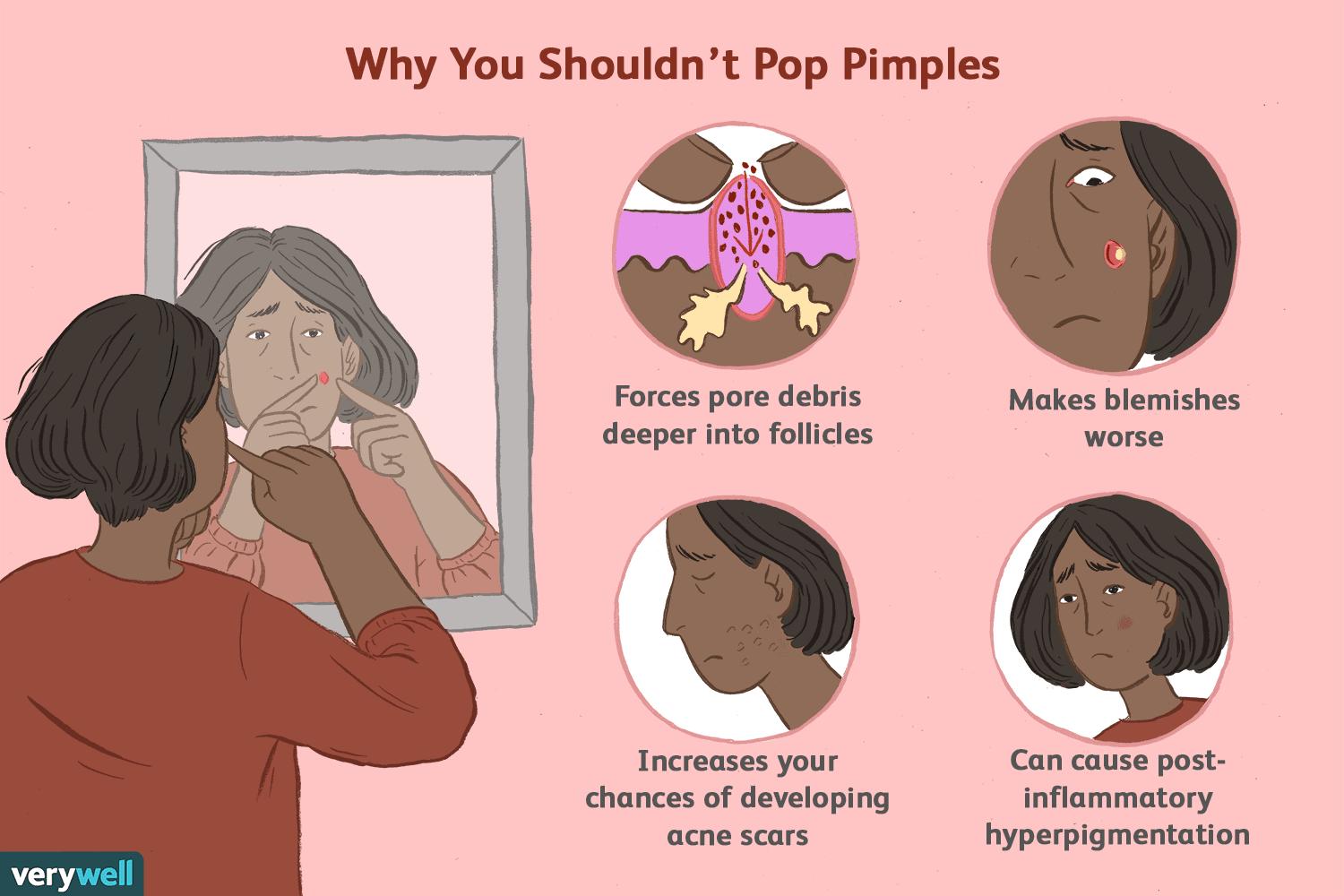
1. Skin Damage and Scarring
Popping blackheads can damage the surrounding skin, leading to irritation, redness, and scarring. The force used to extract the blackhead can break the skin’s surface, leaving marks that may last much longer than the blackhead itself.
2. Infection
When a blackhead is squeezed, bacteria and debris from the surrounding area can be pushed deeper into the skin. This can lead to an infection, which may result in more serious breakouts or even the formation of cystic acne.
3. Inflammation and Redness
Squeezing a blackhead can lead to inflammation and increased redness, making the affected area look more irritated. In some cases, this inflammation can persist for several days, further exacerbating the appearance of the skin.
4. Enlarged Pores
Repeatedly popping blackheads can stretch the skin around the pore, leading to enlarged pores over time. This can make future blackhead formation more likely, creating a vicious cycle.
5. Worse Breakouts
When blackheads are improperly removed, the underlying oils and debris may not be fully expelled from the pore. This can cause the follicle to become clogged again, potentially leading to more blackheads or even more severe acne.
6. Post-Inflammatory Hyperpigmentation
Popping blackheads can cause post-inflammatory hyperpigmentation (PIH), which appears as dark spots or scars on the skin. This can be particularly problematic for individuals with darker skin tones, as PIH tends to be more prominent in such cases.
The Science Behind Why Popping Doesn’t Work Long-Term
While popping blackheads may offer short-term relief, it does not address the underlying cause of blackhead formation. Blackheads occur due to a combination of oil, dead skin cells, and bacteria clogging hair follicles. Simply removing the contents of the pore does not stop the buildup from happening again, meaning new blackheads can form shortly afterward.
Additionally, popping blackheads can sometimes cause the contents to be pushed deeper into the skin, further exacerbating the issue. For long-term results, it’s essential to adopt a more sustainable skincare routine that targets the root causes of blackhead formation.
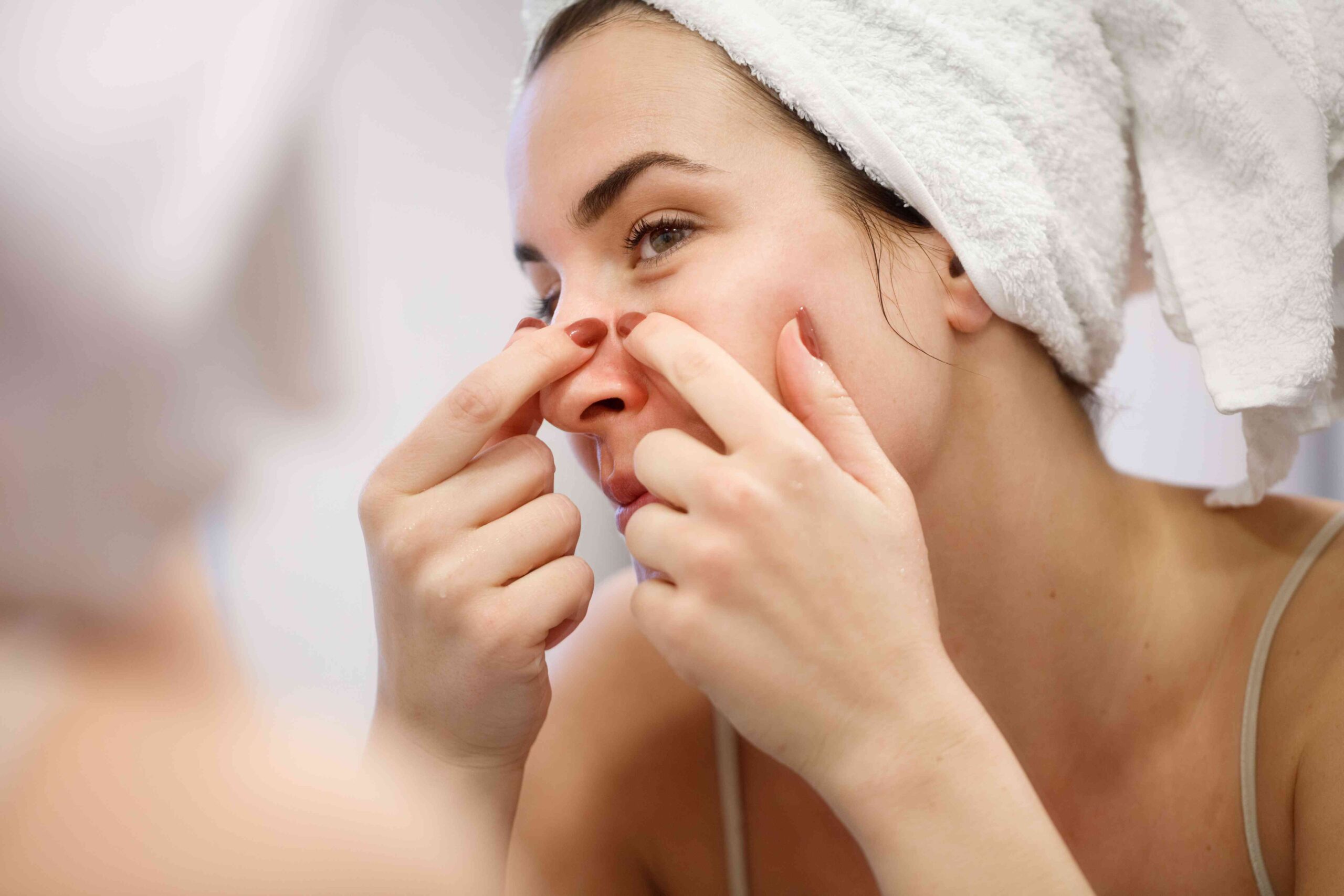
Best Alternatives to Popping Blackheads
If popping blackheads is not a safe or effective solution, what are the alternatives? Fortunately, there are several methods for safely and effectively removing blackheads. These methods focus on addressing the underlying causes of blackhead formation while promoting healthy skin.
1. Proper Cleansing and Exfoliation
Regular cleansing and exfoliation are essential for keeping your pores clear. Look for a gentle cleanser that suits your skin type and avoid harsh scrubs, which can irritate the skin and worsen breakouts. Exfoliating with a chemical exfoliant (such as salicylic acid or glycolic acid) can help dissolve the debris clogging your pores.
2. Using Salicylic Acid
Salicylic acid is a beta-hydroxy acid (BHA) that can penetrate deep into the pores and help break down the oils and dead skin cells that cause blackheads. Products containing salicylic acid can be used to treat existing blackheads and prevent new ones from forming.
3. Retinoids
Retinoids, or vitamin A derivatives, help increase cell turnover and prevent clogged pores. Topical retinoid treatments, such as adapalene, can be effective in preventing and treating blackheads. However, they may cause dryness and irritation, so they should be used sparingly and combined with a good moisturizer.
4. Clay Masks
Clay masks, particularly those containing bentonite or kaolin clay, can absorb excess oil and help draw impurities out of the skin. Regular use of a clay mask can help keep pores clean and reduce the appearance of blackheads.
5. Pore Strips
Pore strips are designed to adhere to the surface of the skin and remove blackheads when pulled off. While they can be effective for removing surface-level blackheads, they do not address the deeper clogging of pores and should be used sparingly to avoid skin irritation.
6. Professional Extractions
For stubborn or difficult-to-remove blackheads, visiting a dermatologist or licensed esthetician for professional extractions is a safe and effective option. They use specialized tools and techniques to remove blackheads without causing damage to the skin.
7. Regular Moisturizing
Using a lightweight, non-comedogenic moisturizer can help maintain a healthy skin barrier. Dry skin can trigger the production of more oil, which can lead to clogged pores. Keeping your skin hydrated can help prevent the formation of blackheads.
Conclusion: A Balanced Approach to Blackhead Removal
While popping blackheads may seem like a quick fix, it comes with significant risks, including skin damage, scarring, and infection. Instead of resorting to squeezing, a more effective approach involves consistent skincare practices, such as proper cleansing, exfoliation, and the use of targeted treatments like salicylic acid and retinoids.

For those struggling with persistent blackheads, professional guidance from a dermatologist or licensed skincare professional can help ensure safe and effective treatment. Remember, healthy skin requires patience and consistency, and taking the time to treat blackheads properly will lead to better long-term results.
Ultimately, adopting a skincare routine that focuses on prevention and gentle care will help keep blackheads at bay, giving you smoother, clearer skin without the need for popping.
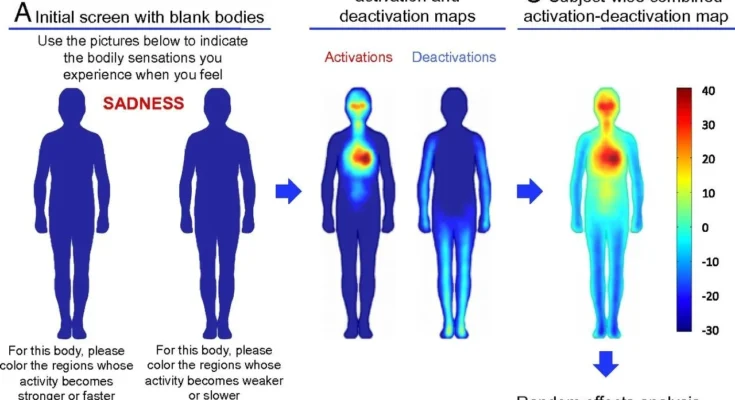
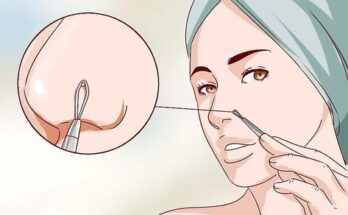
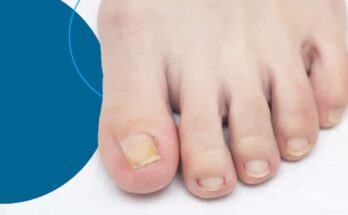
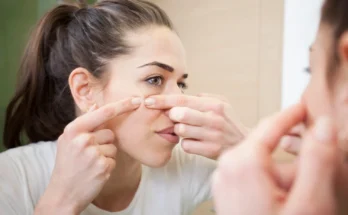
magnificent submit, very informative. I’m wondering why the other experts of this sector do not notice this. You must continue your writing. I’m confident, you’ve a great readers’ base already!
You can certainly see your expertise in the work you write. The world hopes for more passionate writers like you who are not afraid to say how they believe. Always go after your heart.